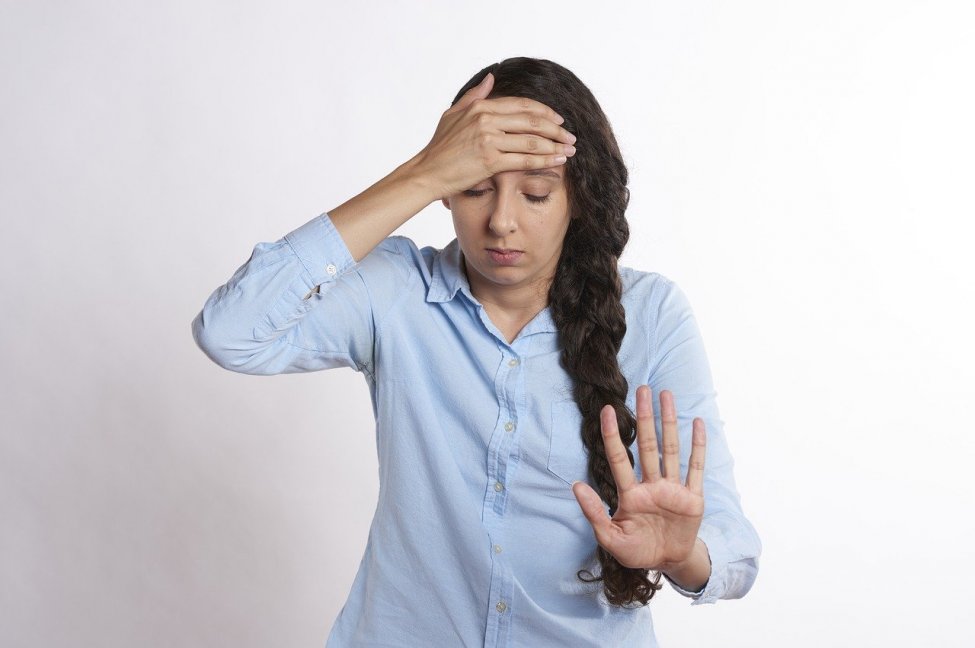Jan. 14 (UPI) — Talking about politics makes people in the United States sick — literally — a study published Friday by the journal PLOS ONE found.
Among adults age 18 years and older surveyed, 40% described politics as a significant source of stress, the data showed.
In addition, up to one-third of respondents blamed politics for causing fatigue, feelings of anger and triggering compulsive behaviors, the researchers behind the survey said.
About one-fourth of those surveyed indicated they had given serious consideration to moving out of the country because of politics, according to the researchers.
The findings of the survey, conducted in 2020, mirror those of a similar poll administered by the same researchers in 2017, suggesting that these health complications persist regardless of which political party is in power, they said.
“We wondered if a change in presidency, which indeed was the case, would shift attitudes, and the short answer is no,” researcher Kevin Smith said in a press release.
“If anything, the costs that people perceive politics is exacting on their health increased a little bit after the [2020] election,” said Smith, a professor of political science at the University of Nebraska in Lincoln.
Earlier studies have linked stress over the political climate with a rise in preterm births.
In addition, in a separate survey in 2018, young people said politics led to sleep problems and difficulty concentrating.
For this survey, Smith and his colleagues analyzed responses to a YouGov poll from nearly 1,000 adults from across the country. YouGov is an international market research firm.
The 2017 survey, which included responses from 800 adults nationally, found that two-thirds of those surveyed indicated that politics was a source of stress and one-fifth blamed politics for sleep problems.
“It’s … unpleasant to think that in that span of time, nothing changed,” Smith said.
“A huge chunk of American adults genuinely perceive politics is exacting a serious toll on their social, their psychological and even their physical health,” he said.
In the 2020 version of the survey, the researchers used the same 32 questions and asked participants to respond twice in 2020, once two weeks before the election and again two weeks afterward.
Between one-fifth and one-third of adults surveyed — numbers that would equate to 50 to 85 million people nationally — blamed politics for causing fatigue, feelings of anger, loss of temper and triggering compulsive behaviors, the data showed.
On both surveys in 2020, 5% of respondents indicated that politics led them to have suicidal thoughts, the researchers said.
Adults who were most likely to be negatively affected by politics tended to be younger, Democratic-leaning, more interested in politics and more politically engaged, according to the researchers.
That the results of these surveys remained consistent after nearly four years is cause for alarm, and not just for health but for the future of democracy, as well, according to Smith.
“If people view politics as … potentially a threat to their own well-being, they’ll say, ‘Heck with it, I don’t want to get involved,'” Smith said.
“And democracies depend on participation, [so] we need civically-engaged citizens,” he said.
